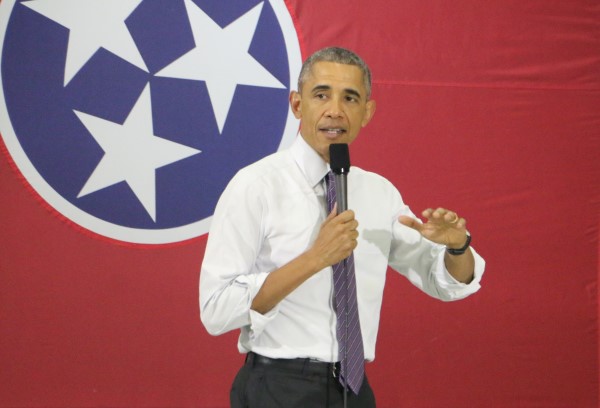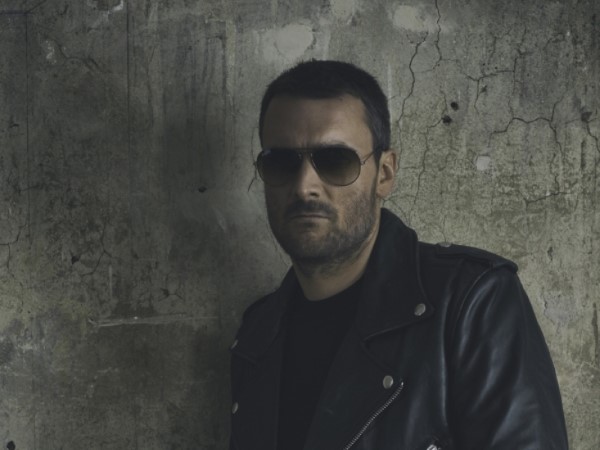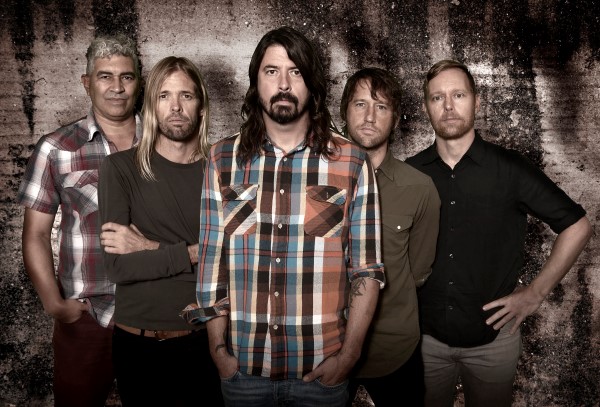
During his last few weeks in office, President Obama signed into law the BOTS Act of 2016. Photo by John Connor Coulston
Perhaps music fans will be able to breathe a little easier when buying high-profile concert and event tickets in 2017, thanks to the Better Online Ticket Sales (BOTS) Act of 2016. On Dec. 14, President Obama signed the bill into law, which makes the practice of using certain software to purchase large quantities of event tickets illegal. It makes the scalping of tickets bought this way illegal, as well.
This sigh of relief is much needed for the greater Nashville area after numerous high-profile shows over the last few years have been plagued by scalping issues. Nashville is becoming an increasingly popular city to stage last-minute secret shows and special engagements that are often more coveted than your average show, which means big business for scalpers.
One thing that remains to be seen is how these ticket scalping laws will actually be enforced. Jurisdiction is given to the Federal Trade Commission to enforce the BOTS Act, but it’s uncertain how aggressively they will pursue cases. It’s easy to see how they’d need cooperation with a resell giant like StubHub, which may be less than willing to see their cuts from bot scalpers disappear.
You could also see Ticketmaster join the fight by massively upping security features (beyond dated captcha pop-ups) to prevent these bots from gaining access in the first place. However, that seems unlikely, as they instead decided to get a cut of the scalping profits. You can now resell your own tickets on Ticketmaster and mark up the prices as much as you’d like.
Furthermore, run-of-the-mill small-time scalpers will easily go under the radar. With this system, we will still see people purchasing maximum amount of tickets through the normal means but then turning around and posting them on Craigslist, StubHub, Ticketmaster and the like.
So with all these moving parts, there’s really one entity that can curb scalping efforts: the artists themselves.
“The people that are scalping these tickets are the equivalent of crime rings, basically,” country star Eric Church told The Tennessean in 2014. “They’re using bots. They’re using automation. It’s not fair. It’s not that these people are saying, ‘I’m going to buy a ticket, mark it up and sell it.’ They’re buying 1,000 tickets and turning it into a criminal business. It’s no different than the mafia.”

Eric Church. Photo by John Peets
Church, along with other artists such as Bruce Springsteen, Adele and Miley Cyrus, has taken the fight against scalpers into his own hands. He decided that ticket holders had to use a photo ID to get into his shows. That made scalping virtually impossible, unless scalpers accompanied the buyer to the venue.
A similar battle came to the Nashville front in a much publicized way in 2014, when Foo Fighters came to Nashville for a surprise performance at Ryman Auditorium. Obviously, the arena-sized demand for the theatre-sized show was rough enough, but fans lashed out, saying scalpers and bots were to blame when numerous tickets popped up online immediately after.
The band caught wind of this and instilled a photo ID policy upon entry to the venue, much like Church did on his tour. They may not have deterred scalpers up front, but they were going to make them pay for it in the end.
I experienced the effects of this firsthand, as I was lucky enough to get tickets to the show. As I sat down for the show I noticed several out-of-place-looking figures with several empty seats around them, even as the show started. I found this odd. Who would want to miss such a coveted show if they had tickets? As the night went on, I realized that many of these randomly placed concertgoers were not actually fond of the Foo Fighters, but were scalpers who got screwed.
You see, aside from them being bored during the entire show, you can tell that they didn’t care about the event when they left four or five songs through one of the best concerts the Ryman’s ever seen. While I was glad to see these people go home with their tails between their legs, I wish fans were sitting in their places instead.

Foo F ighters. Photo by Hayley Madden
When the Foo Fighters came back for the next year, they wanted to face these problems up front. They set up a “Beat the Bots” presale at which fans were only able to buy tickets in person at the box office in order to cut out ticket scalpers and their respective computing programs. For those fans who went to the show, they thought it was a resounding success.
So, while this new legislation is welcome, it may not be the deterrent we need. Hopefully more high-profile artists will take the steps Foo Fighters, Church and company have taken to curb these scalping efforts.
From the BOTS Act of 2016:
“It shall be unlawful for any person . . . to circumvent a security measure, access control system, or other technological control or measure on an Internet website or online service that is used by the ticket issuer to enforce posted event ticket purchasing limits or to maintain the integrity of posted online ticket purchasing order rules”













